Hey there! This site is reader-supported and we earn commissions if you purchase products from retailers after clicking on a link from our site.
Back in 1516, a German duke—the Duke of Bavaria—decided to create something called a “purity law.” The law stated that beer could only be made with three ingredients: barley, water, and hops. Nothing else could be added. Luckily, there are no more purity laws, and you are free to be as adventurous with your homebrewing as you would like. These days, beer ingredients go beyond water, barely, and hops. You have a rainbow of ingredients to discover.
Today, we are going to introduce you to some essential homebrewing beer ingredients, as well as some delightful additions. Let’s go.
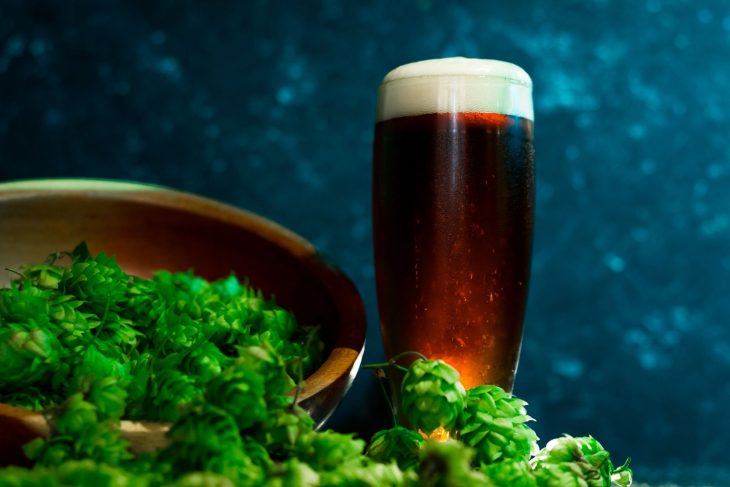
Table of Contents
The Key Ingredients for Homebrewing Beer
Every ingredient you put into the beer is going to play an integral role. There is not one commander of the Flavour Ship, you know? Understanding how ingredients need to be prepped, cooked, and utilized will help you master every single beer you brew up.
Many will tell you that there is a holy quadruplet of homebrewing ingredients that must prioritize above all else: water, sugar, yeast, and hops. But there is so much more to homebrewing than that. Once you start getting more adventurous, you are going to want to add spices and grains and malts. So, we are going to explain everything that goes into a brew.
Hops
Hops are shaped like tiny cones and dot the hop vine. You use hops to increase the bitterness of the brew. Another reason to add hops is to decrease the chance of spoilage and makes the frothy head stick around longer.
There are over 100 types of hops available for you to choose from. Some are grown for aromas, while others were bred as derivatives to favor a distinct profile. Be careful when choosing your hops, because some types of beers only use a specific kind. You might not mess up the flavor, but it certainly won’t be traditional.
For example, if you are making an American Pale Ale, you will purchase the “C hops,” otherwise named Chinook, Columbus, Centennial, or Cascade.
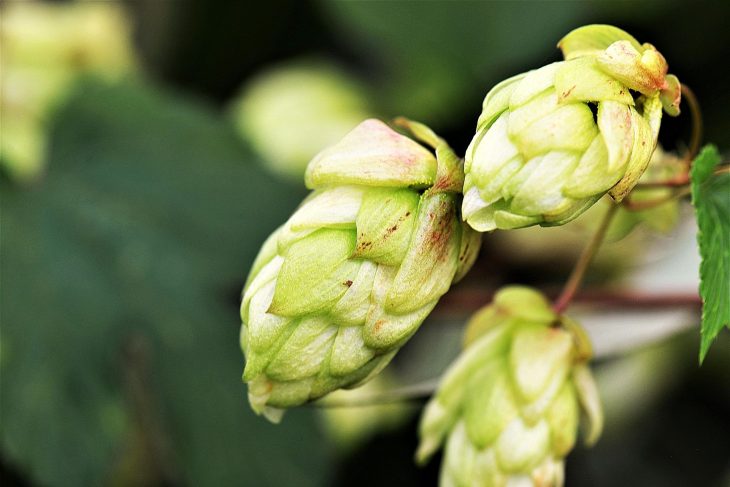
Grains
Another ingredient that you do not want to underestimate is grain. You can have a single type of grain for your beer, or you can mix them up for varying flavors and colors. The best grains to use include:
- Barley
- Rye
- Wheat
- Corn
- Rice
- Oats
Some beers, like a Berliner Weiss, are going to solely take wheat, whereas a Japanese or light beer will use rice. Switching up the grains you use will alter the richness of the flavor and the fullness of the head, so give them all a try.
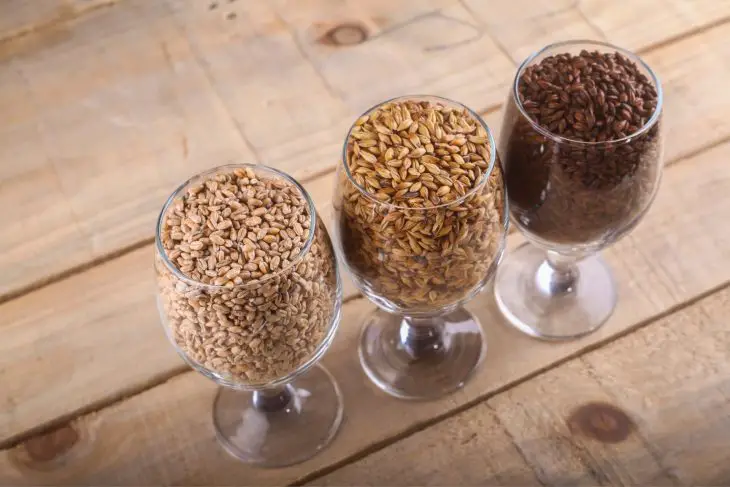
Malts
With your chosen grain in hand, you unlock a next-level ingredient: the malt. Roasting your grains will begin the malting process. Some recipes require a pale malt, which means that the grains are only lightly roasted to preserve enzymes. Or you might see a Vienna or Munich malt, where a higher temperature is used.
Sugars
No, you won’t be pouring the white stuff into your brew. Rather, you use malted barley for the sugar required in the recipe you are following. Sometimes, you can use rice, corn, wheat, or some other grain to sweeten the brew.
A recommendation for beginning brews is that you use malt extract or malt syrup—both equally available at the market—instead of malting the grain by yourself. The process is difficult and easy to mess up.
Water
Did you know that the kind of water you use has a massive effect on the quality of your final product? There is a reason why we listed the quality of water as one of the beginner homebrewing mistakes. With 90% of your beer being made of water, you want to make sure the clear stuff is tasty.
If you like the tap water at your house, cool. You can use it, and it shouldn’t cause much problems. That said, if you do not like the way the tap water tastes, select filtered water, bottled water, or Reverse Osmosis water.
Why is the quality of water so important, you ask? The minerals present in the water could influence your beer’s flavor. For instance, if there is calcium chloride or calcium carbonate present in the water, it could bring out more bitterness from the hops. Meanwhile, sodium can poison yeast and will make the beer sour.
Beer Brewing Yeast
Yes, you can grab a packet of yeast from the supermarket to make your beer, and it should give you a satisfying result. There are two kinds of pre-packaged yeasts available: liquid or dry. Dry yeast can be sprinkled Salt Bae style into your wort then left to work. Liquid yeast is similar. Just shake it up and pour it into the wort.
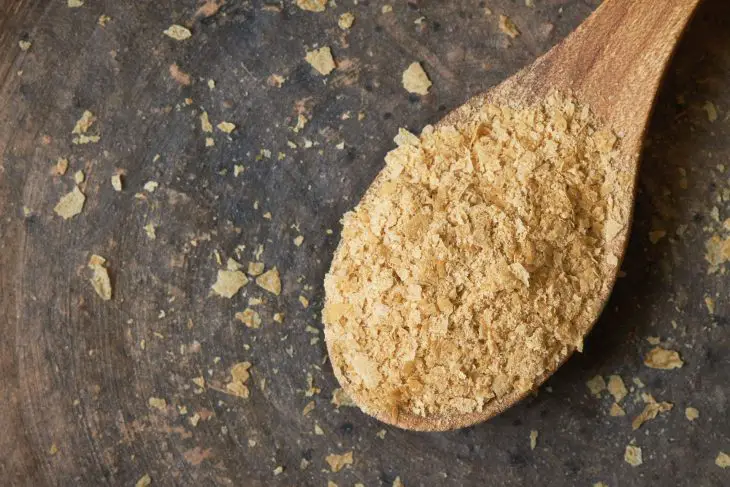
Flavouring and Spices
Herbs and spices can add whole new dimensions to your homebrewed beer. With this, you can get creative. There are dozens of garden herbs that can give your beer a minty, grassy, herbal, floral, or vegetal hint. Herbs like rosemary, lemon verbena, lemongrass, orange balsam thyme, chamomile, and more all have a place in beer.
Then we have spices to consider. With a dash of cinnamon, you can get warmth. Spruce has been used since the Viking age, and these days it’s not uncommon to see a chocolate-cherry stout with red pepper flakes on Taco Tuesday.
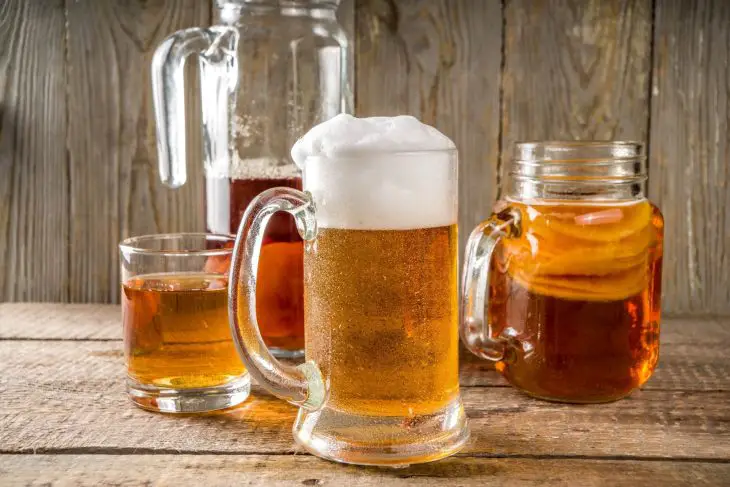
Beer Finings
Ever see a packet of “finings” in a home brew kit and wonder, “What’s this?” Basically, finings are something that you add during the final stage of brewing your beer in the fermenter. Finings warrant no flavor, but they do assist with removing unwanted compounds from the liquid, increasing the clarity. Because no one gets excited about cloudy beer.
Wrapping Up
There is a lot that goes into beer, but the main ingredients are your hops, grains, water, and yeast. Without that, you wouldn’t get the heavenly delight we call beer. Understanding how the ingredients work together, how they affect the flavor, and what certain ingredients become will help you greatly during your homebrewing journey.
Happy Brewing!
Recommended Reading
How to Get Started with Brew in a Bag
The brew in a bag method is a lot like using a tea bag to brew a cup of tea. You essentially steep the grains in water to get beer.
The Guide to Storing Beer
This guide to storing beer will give you all the tips and tricks to enhance shelf life.
Brewing With Lactose: The Ultimate Guide
Lip-puckering, bitter-as-heck beers... Lactose brewing is something you may want to try if you want to develop your own home-brewed milk stout.
Controlling Mash Temperature – An Essential How-To Guide
The best beer begins with the best mash; to get it, controlling mash temperature is key. Understand how temperature changes the very nature of the wort and control it!
How Much Yeast Per Gallon of Mash?
Do you know how much yeast per gallon of mash is needed when you make your alcohol? Whether you are making vodka, whiskey, or bourbon, the ratio between yeast and mash is essential.
How To Make Alcohol Without Yeast – It’s Possible!
Whether you are making beer, wine, whiskey, or some kind of moonshine, yeast happens to be an integral part of the alcohol-making process. What happens, then, when you want to avoid using alcohol?
